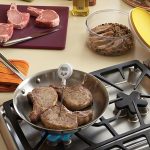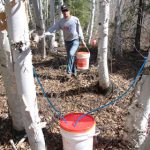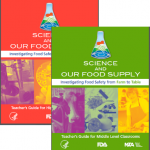 With the new year underway, so are many types of diets to kick the year off in a healthy way. One of those diets is the ketogenic, or “keto”, diet. But is it a safe diet to use?
With the new year underway, so are many types of diets to kick the year off in a healthy way. One of those diets is the ketogenic, or “keto”, diet. But is it a safe diet to use?
The keto diet is a high fat, moderate protein, and low carbohydrate diet. It has been a treatment for those with epilepsy since the 1920s as it can help reduce seizures. Today, anti-seizure medications are more commonly used. The diet does not allow fruits, some vegetables, grains, potatoes, sweets, or other high carbohydrate foods. The main purpose of the diet is to create ketones to get fuel into your cells instead of glucose. Excess ketone production results in ketosis.
While the keto diet may help you lose weight, it is a difficult diet to stick with in the long run. You miss out on beneficial nutrients from fruits, vegetables and grains. Once ketosis sets in, a rapid loss of “water weight” occurs which is not successful weight loss. And, in the long run, this type of diet can lead to eating disorders.
To learn more about the keto diet, see “Keto Diet 101: What to Know Before You Commit” from www.foodinsight.org.




